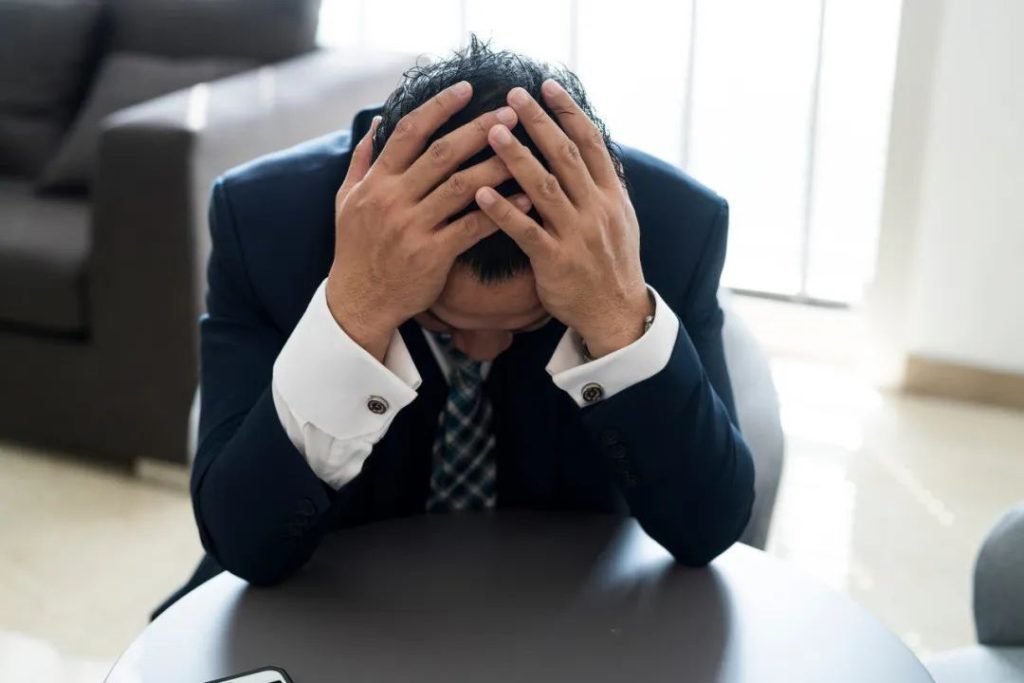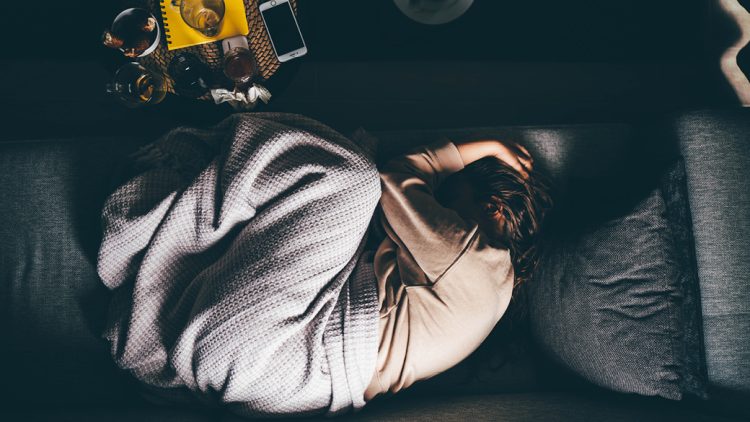Introduction
In today’s fast-paced world, feelings of anxiety have become almost routine. Tight deadlines, nonstop notifications, and constant demands on your attention can leave you feeling wired, restless, and overwhelmed. But what if your anxiety isn’t just about external stressors or an overactive mind?
What if your anxiety is your body’s way of saying: “You need rest”?
While anxiety has many potential causes, chronic fatigue and insufficient rest are among the most commonly overlooked contributors. In this article, we’ll explore how a lack of rest—both physical and mental—can mimic or trigger anxiety symptoms, and what you can do to restore balance.
The Link Between Rest and Emotional Regulation
Your body is designed to cycle between periods of activity and rest. Rest isn’t just sleep—it includes moments of stillness, mental downtime, and recovery from emotional or physical stress.
When you consistently deny yourself rest, your nervous system becomes overactive. The sympathetic “fight or flight” response stays switched on, flooding your body with stress hormones like cortisol and adrenaline. Over time, this can feel like anxiety: racing thoughts, tight chest, irritability, and constant worry.
Lack of rest compromises:
- Emotional resilience
- Cognitive clarity
- Hormonal balance
- Nervous system regulation
All of these play a direct role in how anxious—or calm—you feel.
Signs Your Anxiety Might Be Caused by Fatigue
1. You Feel More Anxious in the Evening or After Work
If your anxiety peaks after long periods of exertion, it may be a signal from your body that it’s overextended and depleted.
2. You’re Sleeping Poorly or Not Enough
Poor sleep quality or chronic sleep deprivation directly increases anxiety levels. Without deep, restorative sleep, the brain struggles to regulate emotions and filter out irrational fears.
3. You Can’t Focus or Think Clearly
Mental fatigue can cause brain fog, a sense of overwhelm, or racing thoughts—all of which are commonly mistaken for anxiety disorders.
4. You Feel “Tired but Wired”
You’re exhausted, but your mind won’t shut off. This is a classic sign of nervous system imbalance due to prolonged stress and lack of rest.
5. You’re Easily Triggered or Overreact to Small Things
When you’re rested, you can handle stress. When you’re not, even minor issues can feel insurmountable, leading to anxiety spikes.
The Science Behind Rest and Anxiety
1. Sleep Deprivation and the Brain
Studies show that sleep-deprived brains have increased activity in the amygdala—the brain’s fear center. At the same time, the prefrontal cortex (responsible for reasoning and control) becomes less active. This combination makes you more reactive and less rational.
2. Chronic Stress and Cortisol
Without rest, cortisol remains elevated. Long-term high cortisol levels disrupt neurotransmitters like serotonin and GABA, which are crucial for mood regulation and calming the nervous system.
3. The Role of the Parasympathetic Nervous System
Rest activates the parasympathetic (rest and digest) nervous system, which counters anxiety. Without regular activation of this system—through sleep, deep breathing, or relaxation—you stay stuck in a stress loop.
Rest Is More Than Sleep
True rest includes:
- Physical rest: Sleep, naps, or simply lying down without stimulation.
- Mental rest: Time away from screens, decision-making, or problem-solving.
- Sensory rest: Silence, dim lighting, and nature exposure.
- Emotional rest: Safe spaces to express feelings without judgment.
- Creative rest: Taking breaks from pressure to produce or perform.
- Social rest: Time alone, or quality time with people who energize rather than drain you.
Incorporating a variety of rest types into your routine helps reset your nervous system and lowers anxiety levels naturally.

Practical Ways to Rest and Reduce Anxiety
1. Prioritize Quality Sleep
Aim for 7–9 hours of uninterrupted sleep. Establish a calming bedtime routine and reduce screen time before bed.
2. Schedule Mental Breaks
Take short breaks during the day to pause and breathe. Even 5 minutes of stillness can help calm your mind.
3. Practice Mindfulness or Meditation
These practices activate the parasympathetic nervous system and reduce racing thoughts, grounding you in the present moment.
4. Limit Overstimulation
Reduce background noise, avoid multitasking, and create quiet time zones in your daily schedule.
5. Say “No” When Necessary
Sometimes rest means protecting your energy by setting boundaries. Prioritize your own needs without guilt.
Conclusion
Not all anxiety is rooted in trauma or psychological conditions. Sometimes, your body is simply crying out for rest. Chronic fatigue, overstimulation, and mental overload can easily mimic or intensify anxiety symptoms.
Listening to your body, prioritizing rest in all its forms, and slowing down can be a powerful antidote to modern anxiety. Instead of pushing harder when you feel overwhelmed, consider asking yourself: “What kind of rest do I need right now?”
Your calm, focus, and emotional well-being may depend on it.

















































